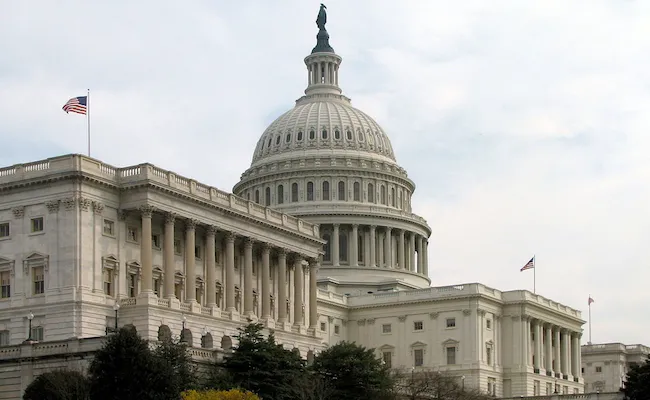WASHINGTON—The Merchants Payments Coalition welcomed the news that the Senate Judiciary Committee will hold a hearing next week to address the escalating credit card “swipe” fees that have placed a growing financial burden on American small businesses and consumers.
“We look forward to this hearing because we want as many opportunities as possible to talk about the growing financial hardship excessive swipe fees have caused for American families, small businesses, and the economy,” said Doug Kantor, a member of MPC’s Executive Committee and General Counsel for the National Association of Convenience Stores. He criticized the credit card industry for trying to avoid public scrutiny, adding, “Visa and Mastercard’s CEOs have refused to show up for a hearing and have fought to avoid any hearings or votes on legislation to bring desperately needed competition to the broken payments market.”
The hearing, scheduled for November 19, will be chaired by Senate Judiciary Committee Chairman Richard Durbin (D-Ill.), a key proponent of the Credit Card Competition Act (CCCA). Durbin, along with Senator Roger Marshall (R-Kan.), has been pushing for reforms to increase competition in the payments market. Representatives from Visa, Mastercard, merchant groups, consumer advocates, and banking organizations have been invited to testify.
This will mark the 18th Senate hearing on swipe fees over the past 18 years. The issue has gained renewed urgency as credit card swipe fees have surged, reaching a record $172 billion in 2023, up from $160.7 billion the previous year, according to the Nilson Report. These fees are now the second-largest operating expense for many merchants after labor, doubling over the past decade. The payments consulting firm CMSPI estimates that the real costs could be as high as $224 billion, adding approximately $1,700 a year to the average family’s expenses.
Swipe fees are set by Visa and Mastercard, which together control 80% of the credit card market. These fees are centrally determined and charged by the banks that issue cards under their brands. Critics argue that the current system is anti-competitive, with Visa and Mastercard blocking transactions from being processed by other networks that could offer lower fees and better security.
The proposed Credit Card Competition Act aims to address this by requiring banks with assets of at least $100 billion to enable transactions to be processed over at least two unaffiliated networks, such as NYCE, Star, or Shazam, in addition to Visa or Mastercard. The legislation would allow merchants to choose which network to use, fostering competition in fees, security, and service, and potentially saving businesses and consumers over $16 billion annually.
“Once lawmakers hear the facts, Congress needs to quickly pass this landmark pro-consumer legislation,” Kantor emphasized. “American families and small business owners can’t afford to wait any longer.”
Proponents of the CCCA argue that it will not impact consumer rewards programs, improve transaction security, and allow consumers to continue using their existing cards. Community banks and nearly all credit unions would be exempt from the legislation’s requirements, focusing the changes on large financial institutions.
As the holiday shopping season approaches, merchants are under increased pressure to control costs. Swipe fees are eating into already thin profit margins. The upcoming Senate hearing could be pivotal in advancing legislation that would introduce long-overdue competition into the payments industry.
The Merchants Payments Coalition, which includes retailers, supermarkets, gas stations, and online merchants, has been vocal in its support for the bill. It argues that greater transparency and competition in the credit card market are necessary to protect both businesses and consumers.









